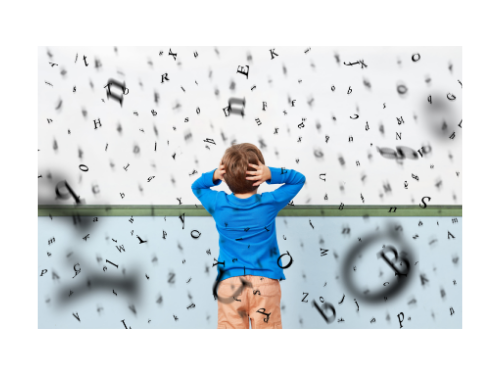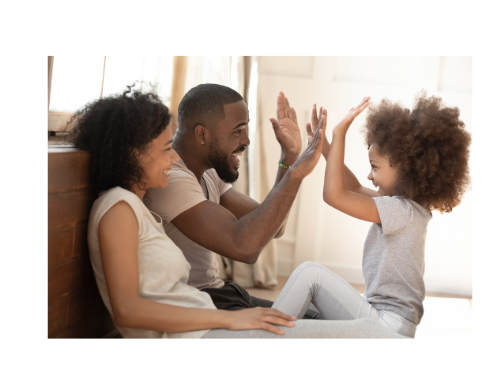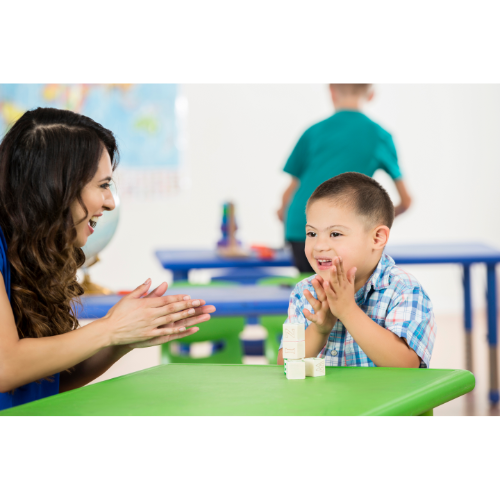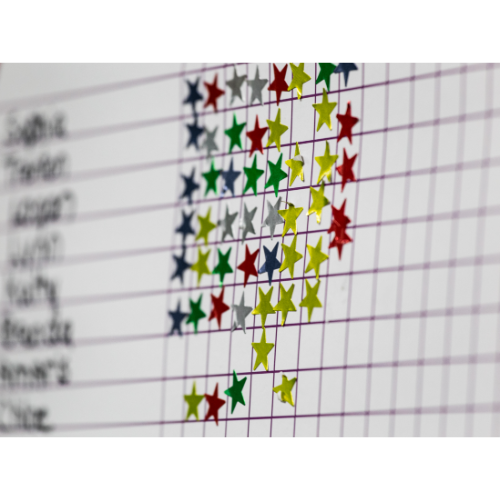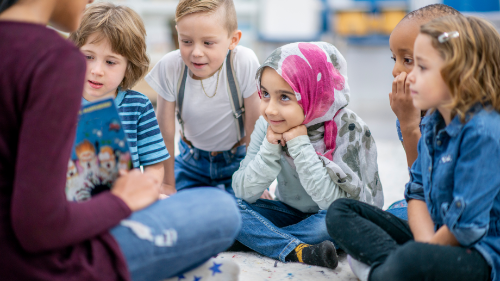Children with disabilities often need support in using sensory strategies to help their bodies and brains feel regulated. Staying regulated can help with thinking, processing, making good decisions, and completing work.
You may have noticed that your child needs to chew on something when they are upset or thinking, maybe they need to take a walk to calm down, or maybe they sit on a wobble stool or yoga ball when they are doing their work. Some of the students I work with will hand flap or toe walk to help their bodies feel regulated.
Over the years, I have learned about many different items that support students’ sensory needs, and I can’t wait to share them with you!


